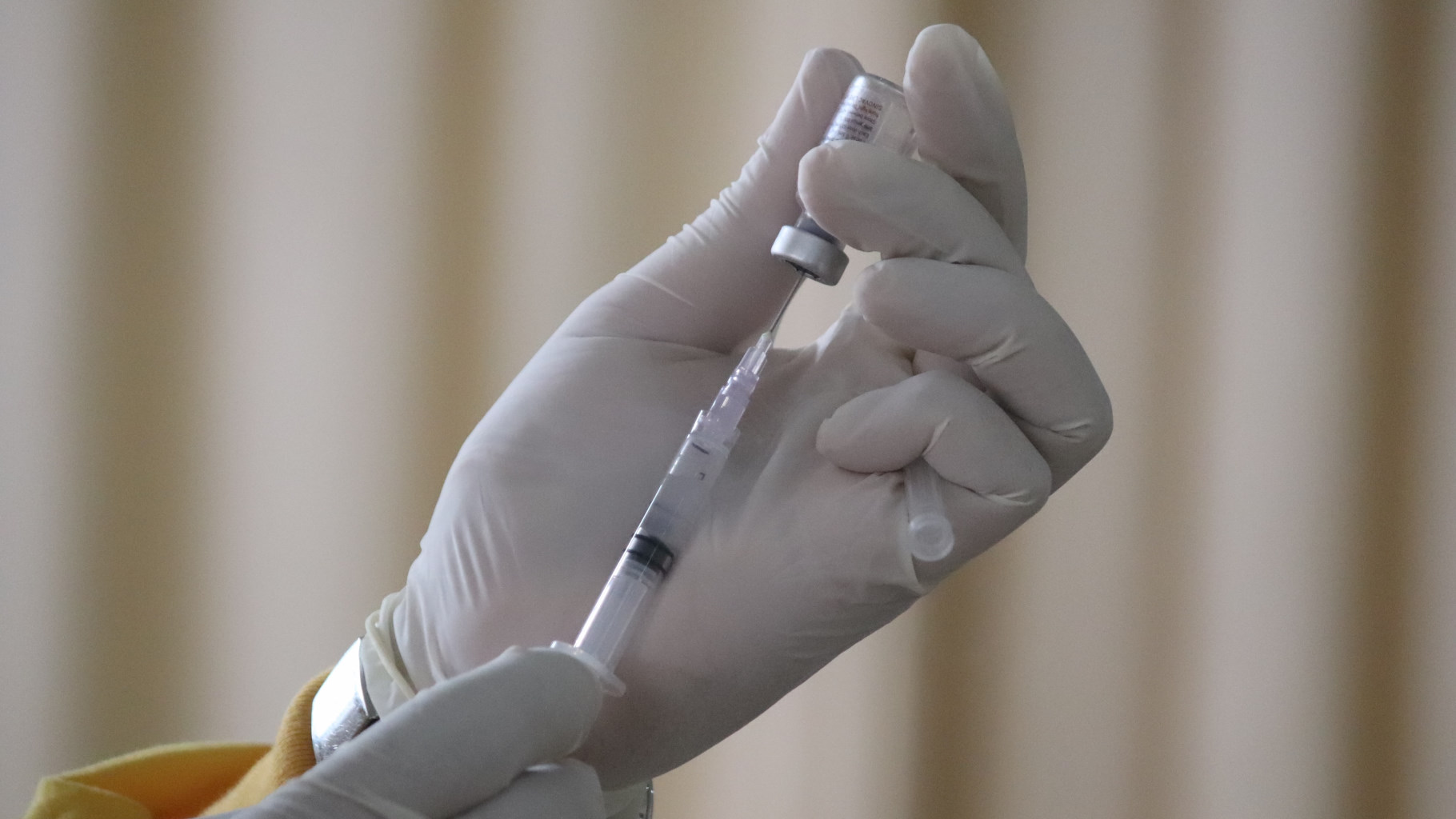Canada is donating $220 million dollars to help supply low income countries acquire the COVID-19 vaccine.
Prime Minister Justin Trudeau recently announced the donation at the COVAX virtual summit. The summit’s goal was to raise US$3.8 billion for COVID relief efforts.
COVAX was created in 2020 as part of the The Access to COVID-19 Tools Accelerator to increase equitable distribution of COVID equipment and vaccines with the goal of two billion doses by the end of 2021. It has so far delivered 1.4 billion doses to 145 countries.
This has just been one of multiple recent spotlights on the issue of vaccine equity recently.
Toronto’s Medical Officer of Health Eileen de Villa signed an open letter created by New York City’s Health Commissioner Dr. Dave A. Chokshi calling on the G20 to address the lower vaccination availability in lower income countries.
Representatives from Argentina, Brazil, Colombia, France, Spain, United Kingdom, United States and Uruguay also joined the call by adding their names to the latter.
“We will not bring an end to this pandemic until our global community has equal access to the protection afforded by COVID-19 vaccines,” De Villa said in the press release.
The letter appeals to the G20 to make 15 million doses of mRNA vaccines to distribute to the lower income countries that lack the vaccine, adjust vaccine donations to those countries, and ensure there are COVID vaccine infrastructures.
The letter also calls for the G20 to share intellectual properties so low income countries can manufacture the vaccines themselves.
As some Ontarians are getting fourth doses, people in several countries are still waiting for their first.
According to the Global Dashboard for Vaccine Equity, only 15 per cent of people in lower income countries have been vaccinated as of March 31, 2022. That is compared to 71 per cent in higher income countries. The WHO Coronavirus (COVID-19) Dashboard lists Africa as the region with the lowest amount of vaccinated people and is still in the most need.
UN High Commissioner for Human Rights Michelle Bachelet called for more urgent actions to address the vaccine inequity in March. The World Health Organization echoed the sentiments in a report in the same month.
This is only the latest call in a demand that has been around since the start of the vaccination campaigns. WHO Director-General Tedros Adhanom Ghebreyesus warned in January 2021 there was a serious risk of inequitable distribution once the vaccines were created.
Shehzad Ali, an associate professor of Epidemiology and Biostatistics at Western University, said the production and consumption of vaccines are driven by the wealthier countries.
The co-author of Global Vaccine Equity to End the COVID-19 Pandemic: A Canadian Perspective and Call to Action said one way to solve this disparity is by increasing donations to lower income countries.
Ali said lower income countries would also need help distributing the vaccine as well, especially in remote areas. He said another proposed solution is for countries to waive the COVID vaccines patents which would allow the lower income countries to set up their own manufacturing.

